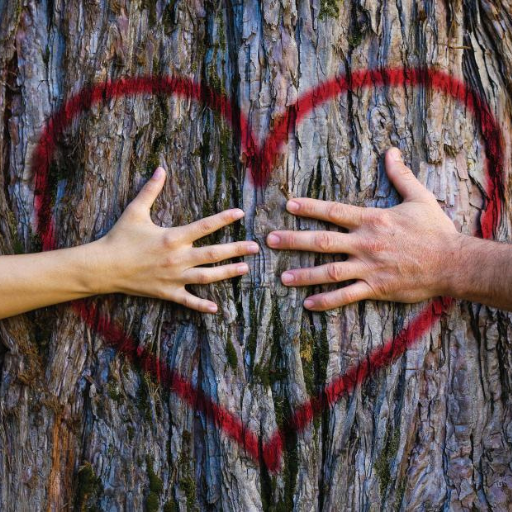Substance use disorder has often been called the lonely person’s disease. At the end of our individual stories, and at the beginning of a new chapter, we were two people with very different paths finding ourselves in a similar place: isolated, disconnected, and frighteningly alone.
Today, we identify ourselves as individuals in recovery and as a couple in recovery. That is, as we have come to better understand our individual stories, we are working on co-creating our recovery story as a couple.
For the two of us, there have been many moments of joy, sadness, frustration, compromise, and interesting opportunities for growth. Over the course of this continuing column, we hope to share our process and introduce you to what we have found to be the unique challenges and wonderful gifts of being, living, and identifying as a couple in recovery.
What does it mean to be in recovery?
We believe that recovery is simply a process of change toward wellness where one continues to grow towards their full potential. Each person in the couple must decide their own path(s) to recovery which may include: 12Step programs, SMART Recovery, Refuge Recovery, individual psychotherapy, faith-based programs, support groups, etc. Our first suggestion to couples, is to acknowledge that each person’s program is unique and there is no one way or path. As a partner, you may have thoughts, opinions, and advice regarding your significant other’s program, which can be discussed and explored, but we each must work our own program, not theirs. Likewise, for a couple to be in recovery, there is no one path for shared contentment. However, we do know that an important characteristic of a thriving couple is understanding each other’s personal experiences. For us, it became helpful to occasionally attend our partner’s program of recovery. This has been a great learning experience and really opened us to a greater appreciation and respect for each other.
Who is a couple in recovery?
A couple in recovery can be two people living with substance use disorder; a couple where one person is in recovery living with substance use disorder and the other is a concerned person in recovery; or two people in recovery from living with others with substance use disorder. Research shows that substance use disorder is a family disease, where each member of the family (or couple) can develop unhealthy patterns of coping.
We found that each of us continues to need an ongoing recovery program that meets our individual needs. However, over time, we have come to see that we also share many learned coping strategies, such as control, enabling, and withdrawal – all behaviors we used in past traumatic situations.
Often, partners are also adult children of parents with substance use disorder and the couple comes to work with how this may play out in their relationship.
For us, this information led to one of us attending a new program specifically for adult children of alcoholics. For other couples, it may lead to engaging in therapy or support groups.
What does recovery as a couple look like?
As we come to understand and collaborate within each other’s story of recovery, a process of trust, exploration, and support for each other’s growth begins.
Ultimately, a new, shared narrative belongs to the couple.
We make a conscious decision to recover together with a formal or informal program that includes agreed upon boundaries.
Like one’s individual program, this is an ever-changing process. We are hoping to share our journey and offer communication skills, relapse prevention tips, and other strategies that are uniquely helpful to couples in recovery. In the end, it is the couple that decides what it means to be a “couple in recovery”.
We are very excited to share our research and experience with you in this new column for couples seeking ideas and answers to their particularly challenging situations.
We believe recovering together means we are committed to bringing our relationship into a sacred space of mutuality. In this way, we co-create an environment of commonality, deeper intimacy, an opening for compassion, curiosity, and abundant fun.



